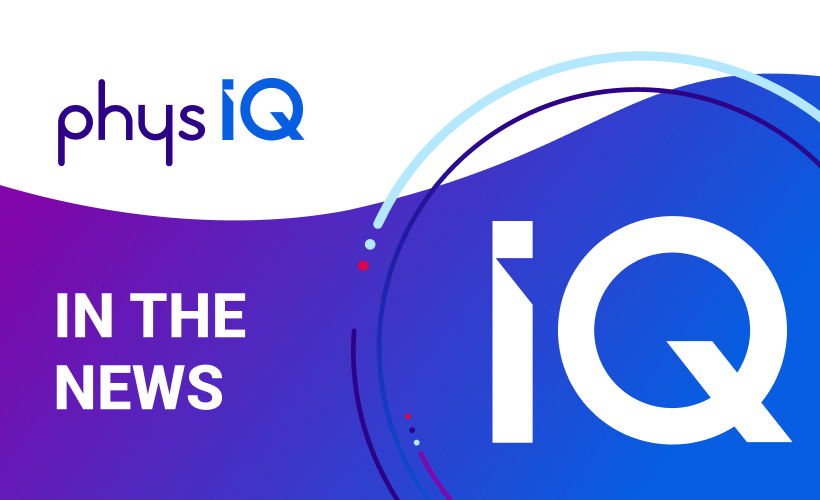Inside an Individual’s Physiological Signature
Originally published in Medical Device & Technology
2 min read
![]() physIQ
:
February 5, 2021
physIQ
:
February 5, 2021

Originally published in Medical Plastics News
Wearable biosensors provide rich 24/7 physiological data, but AI like physIQ’s is needed to turn all of that data into real insight. The objective is to identify the earliest signs of decompensation that results from a COVID infection, thus the funding by the National Institutes of Health to support our development of the CDI, or COVID Decompensation Index. Early detection using the data available from the Samsung Galaxy Watch could translate into early clinical intervention, reduced hospital admissions, less intubations and less deaths for this pandemic, and in the future. Enabling proactive medicine, replacing the reactive medicine approach that is currently in place, is the promise of digital medicine.
We have conducted many studies like this using the Samsung Galaxy watch and are very confident that our collaboration with Purdue will also be successful. Purdue is already at the 30 per cent mark for their enrollment and so far, the data collection and response from those who participated in the study is excellent.
These are two very different use cases. The work we are doing with Purdue University is around enabling early detection, which most physicians and researchers believe is the key to better clinical outcomes. Track and trace seeks to minimize the spread of infection to others once a person becomes infected. However, there may be benefit to earlier detection for an infected patient, to get them into isolation sooner, thus reducing the possibility of transmission.
The demands for clinical research have always been high for any disease, but particularly so for COVID-19. When a researcher looks to partner with a firm like physIQ, they look for expertise in the practice of clinical studies and a commitment to meeting or exceeding the demands of various regulatory bodies. PhysIQ has a proven track record and evidence, such as our 5 FDA clearances, that provides the confidence that healthcare professionals need.
It is the new frontier of digital health. More and more wearable devices are becoming available, and people want to take their health into their own hands. Especially in this current COVID-19 world, not everyone wants to go to the doctor or hospital anymore and risk exposure to the virus. By combining this personal data collection and personalized data analysis that is only available from leveraging the power of AI, with a world class university, we can work together to beat this virus and get students, faculty and staff back to campus safely.

Originally published in Medical Device & Technology

Originally published in Pixel Scientia Labs

Originally published in Crain's Chicago